
Fenbendazole 150 Mg Tablets
$44.00 – $120.00Price range: $44.00 through $120.00
Febendazole 150 mg is a broad-spectrum deworming tablet used to treat common intestinal worm infections such as roundworm, hookworm, pinworm, and whipworm. Emerging research also explores its potential role in cancer therapy. Trusted for single-dose treatment in both adults and children over 2 years of age.
Description
Febendazole 150 mg – Deworming and Emerging Therapeutic Uses
Overview
Febendazole 150 mg is a broad-spectrum anthelmintic medication traditionally used to treat intestinal worm infections in both humans and animals. It belongs to the benzimidazole class of antiparasitic drugs and is effective against a wide range of helminths, including roundworms, hookworms, whipworms, and pinworms.
More recently, Febendazole (also spelled Fenbendazole) has drawn interest in scientific and public communities due to emerging research into its potential anticancer effects. While still being studied, some preliminary findings suggest it may interfere with cancer cell function, particularly in certain tumors.
What Is Febendazole 150 mg?
Febendazole 150 mg is an oral tablet formulation commonly used in the treatment of parasitic worm infections. It works by inhibiting glucose uptake in parasites, leading to energy depletion and death of the worm. This makes it a frequently recommended single-dose deworming treatment in many parts of the world.
Febendazole is primarily approved and clinically recognized for its antiparasitic activity, especially in the gastrointestinal tract, but ongoing research is exploring off-label applications in oncology and autoimmune conditions.
Primary Uses in Humans
1. Parasitic Worm Infections
Febendazole is highly effective in treating the following conditions:
- Ascariasis (roundworm)
- Trichuriasis (whipworm)
- Enterobiasis (pinworm)
- Hookworm infections
- Strongyloidiasis (threadworm)
- Some taeniasis (tapeworm species)
These infections are common in regions with insufficient sanitation and limited access to clean water. In such cases, routine deworming using Febendazole every 6 to 12 months is often recommended to protect general health.
2. Emerging Use: Anticancer Investigation
Although Febendazole is not approved by any regulatory body for cancer treatment, notable preclinical studies and anecdotal reports have brought attention to its:
- Disruption of microtubule dynamics, similar to some chemotherapy agents
- Influence on glucose metabolism in cancer cells
- Possible ability to inhibit angiogenesis (formation of new blood vessels) in tumors
- Immune-modulatory actions
Important Note: While early-stage laboratory or animal studies provide a basis for further investigation, Febendazole is not currently an approved treatment for cancer. Anyone considering its use for such a purpose should consult an oncologist before using it off-label.
Mechanism of Action
Febendazole disrupts the tubulin polymerization process in parasitic cells. Tubulin is a protein involved in cell structure and energy transport. Without it, the worm:
- Cannot absorb glucose
- Experiences energy failure
- Dies and is expelled from the gastrointestinal system
Interestingly, cancer cells also rely heavily on tubulin for rapid division, which is why this has prompted researchers to further study the cytotoxic effects of fenbendazole on malignant cells.
Key Benefits
For Deworming:
- Single 150 mg dose is typically sufficient
- Effective against multiple helminths
- Safe and well-tolerated in both adults and children
- Improves digestion, nutrient absorption, and energy levels post-treatment
For Investigational Use:
- Structurally similar to other established cancer medications
- Shows activity against aggressive cell growth in laboratory models
- Potential low-cost investigational support for tumor research
Febendazole for Worm Infections
When to Use:
- Symptoms of abdominal pain, unexplained fatigue, or anemia
- Identified through stool examination or imaging
- Preventive treatment in high-risk environments every 6–12 months
Typical Side Effects:
- Mild abdominal discomfort
- Flatulence or temporary digestive upset
- Nausea or dizziness in rare cases
Cancer Research Context
Recent publications and anecdotal cases have prompted some to explore Febendazole as a potential complementary strategy for cancer, particularly:
- Brain tumors (glioblastoma)
- Lung cancer
- Metastatic disease
These uses are outside approved medical guidelines, and formal clinical trials are very limited in humans. Some patients, after exhausting standard protocols, have turned to experimental use in coordination with their healthcare team.
Febendazole is thought to work by:
- Inhibiting cancer cell proliferation
- Supporting immune activity in some tumor microenvironments
- Possibly enhancing the effect of chemotherapy drugs
Again, these uses remain experimental and must never replace standard cancer care without a doctor’s supervision.
Dosage and Administration
- Deworming Dose: 150 mg as a single tablet, taken orally
- For reinfections or heavy infections, a repeat dose may be taken after 2–3 weeks, based on your physician’s directions
- In investigational cancer protocols, dosing protocols vary widely and should never be self-prescribed
Always take with water and ideally after a small meal to improve absorption. Do not exceed recommended doses unless advised.
Who Can Take Febendazole?
Febendazole 150 mg is suitable for:
- Adults and children over the age of 2 years
- Individuals diagnosed with worm infections
- Those in endemic areas requiring periodic deworming
- Under investigation only, patients involved in experimental programs with strict medical oversight
Not recommended for:
- Infants under 2 years
- Pregnant women (especially during the first trimester)
- Individuals with known hypersensitivity to benzimidazoles
Storage Instructions
- Store in a cool, dry place
- Keep away from sunlight and humidity
- Ideal storage temperature: 20–25°C (68–77°F)
- Keep out of reach of children and pets
10 Frequently Asked Questions (FAQs)
1. What is Febendazole 150 mg?
It’s an antiparasitic medication used for treating intestinal worm infections in humans. It is structurally related to benzimidazoles like albendazole and mebendazole.
2. How does it treat parasites?
It blocks the worm’s ability to absorb energy by inhibiting glucose uptake. This disrupts their metabolic activity and eliminates them from the body.
3. Is Febendazole used in cancer treatment?
It is not officially approved for cancer but is being studied in laboratory settings. Some anecdotal reports suggest possible benefits, though more scientific evidence is needed.
4. Can I use it without a prescription?
While it may be available in some countries as an over-the-counter deworming agent, it’s best to consult a doctor before use — especially for off-label purposes.
5. How often should deworming be done?
In areas with poor sanitation or high exposure, deworming may be done every 6–12 months, or as advised by a healthcare professional.
6. Is Febendazole the same as Fenbendazole?
Yes, these are different spellings of the same compound. It is also used extensively in veterinary medicine but has been adapted for carefully monitored human use in specific cases.
7. Are there any side effects?
Mild digestive upset is most common. Serious side effects are rare when taken correctly.
8. Can children take Febendazole?
Yes, it is generally safe for children above age 2, but pediatric dosing and supervision are essential.
9. Is it effective after a single dose?
Yes, many infections resolve with one dose, though some may require a follow-up.
10. Where can I buy Febendazole 150 mg?
Available at pharmacies or online through licensed medical suppliers. Always ensure you’re buying from reputable sources with proper labeling and dosage information.
Final Thoughts
Febendazole 150 mg remains a staple in gastrointestinal parasite treatment, contributing to improved well-being, digestion, and nutrient absorption in infected individuals. Its single-dose, broad-spectrum activity makes it ideal for both routine use and mass deworming programs.
At the same time, it has drawn significant interest in the medical research community for non-traditional uses, including anti-cancer investigations. While promising, these off-label uses are unapproved and must be discussed with qualified medical professionals.
Whether used for classic parasite treatment or under clinical supervision as part of an investigational protocol, Febendazole 150 mg represents a powerfully simple tool in advancing both personal and public health.

.svg)



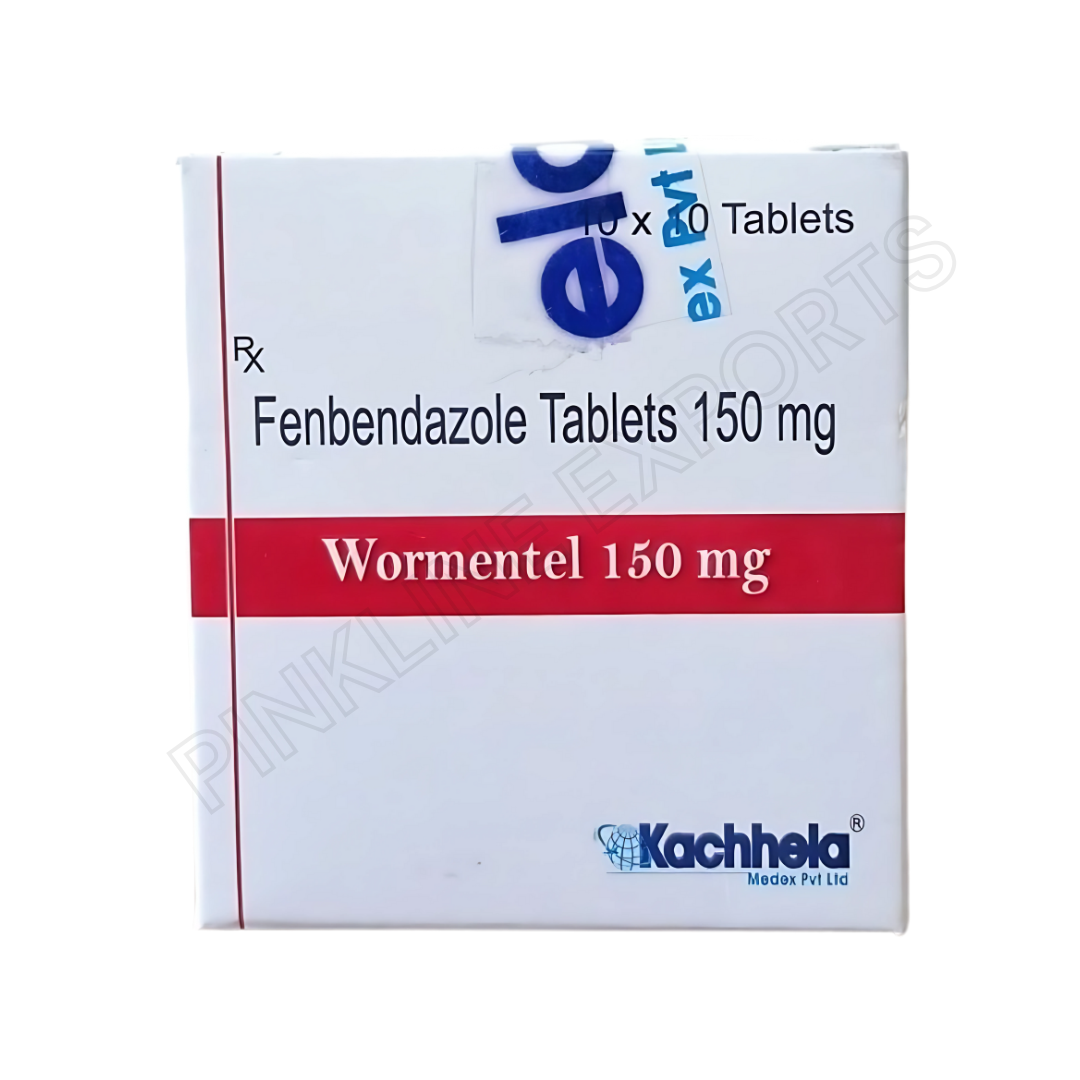
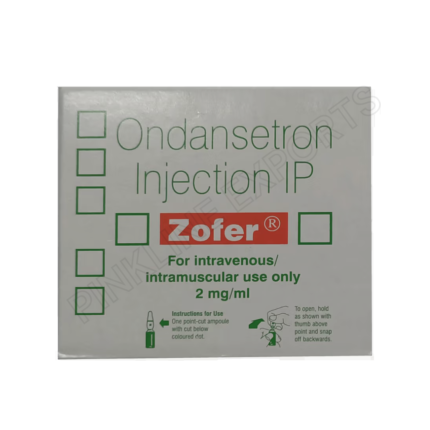
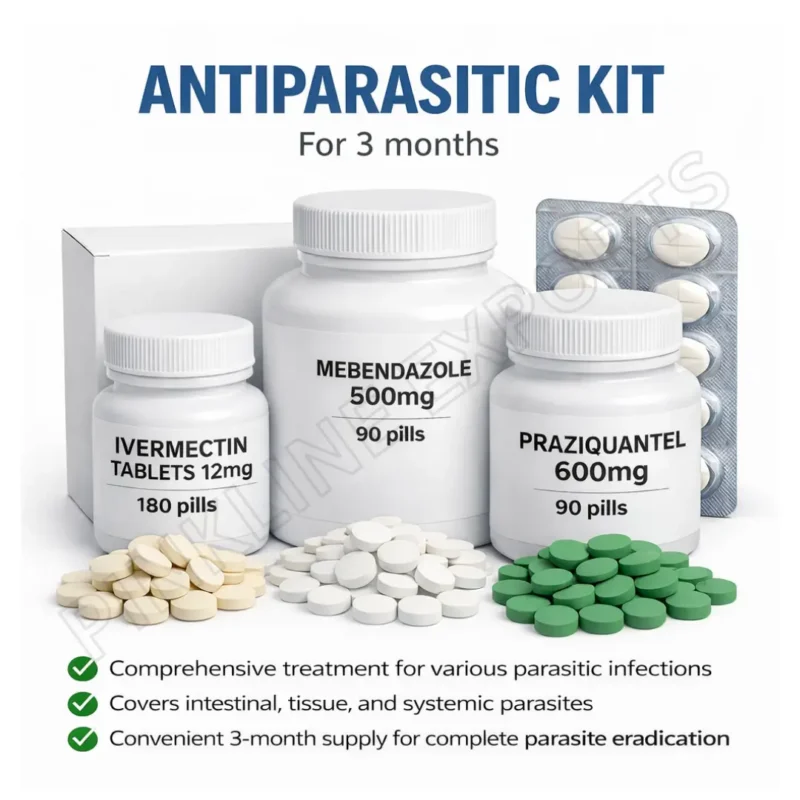
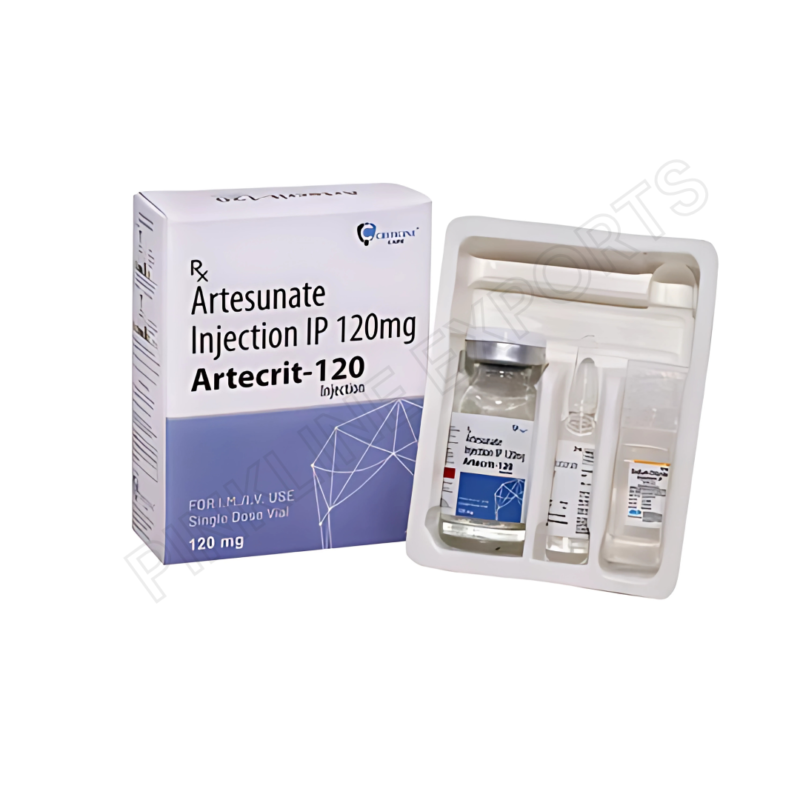

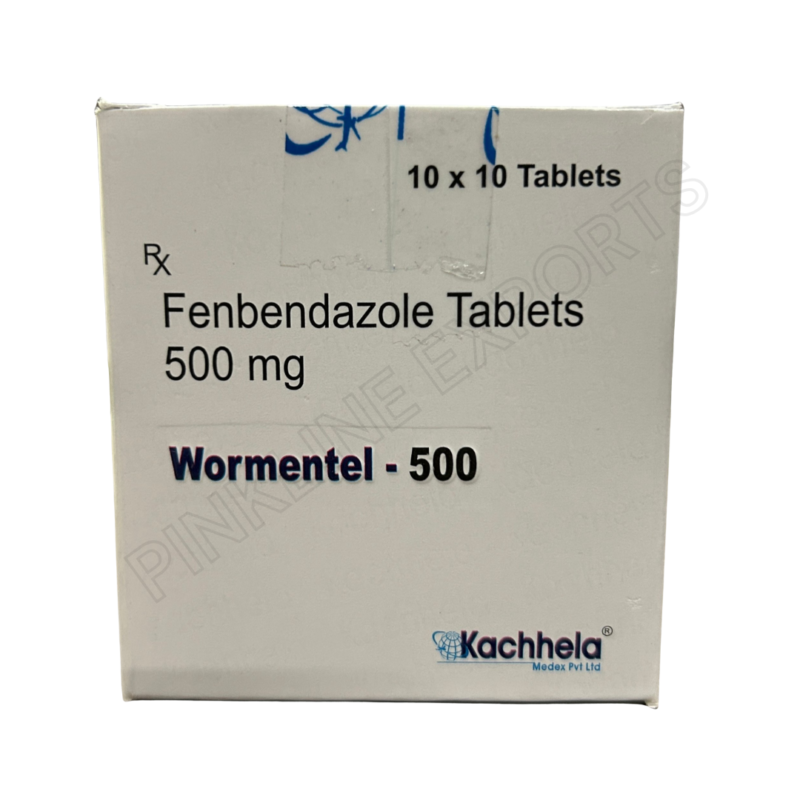

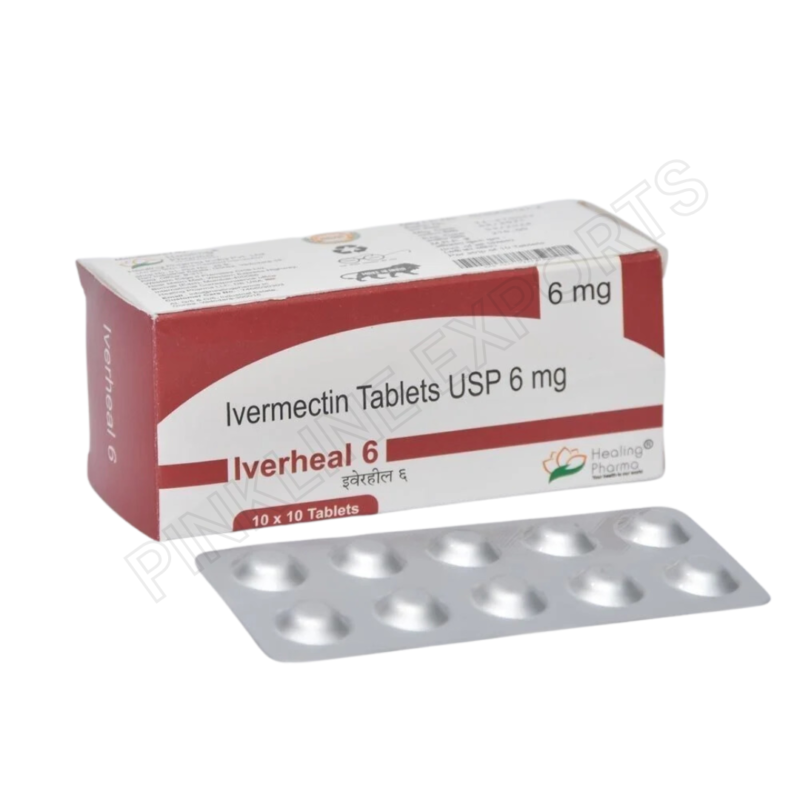


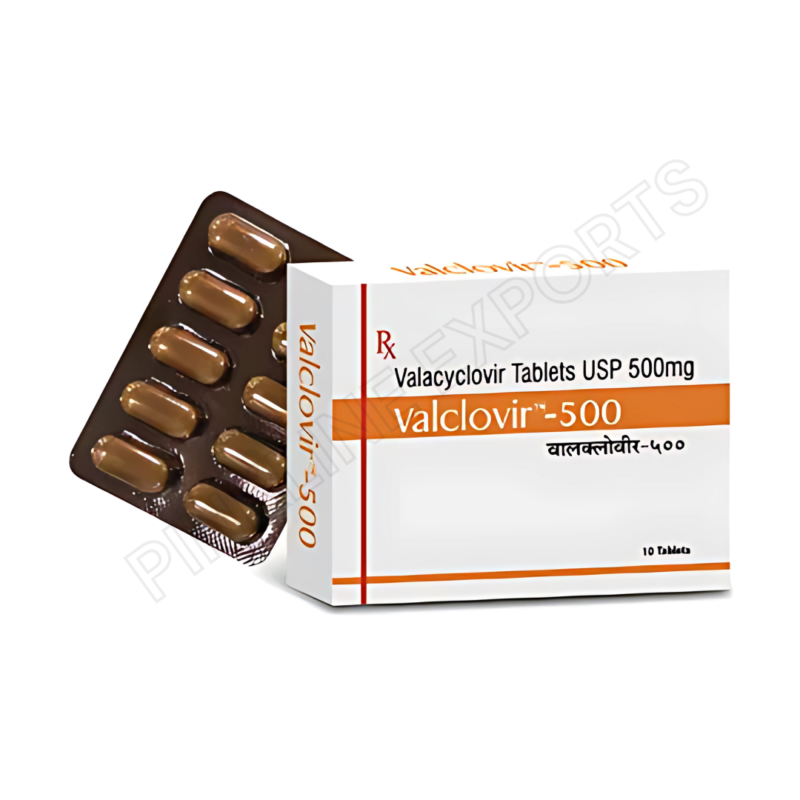


Reviews
There are no reviews yet.